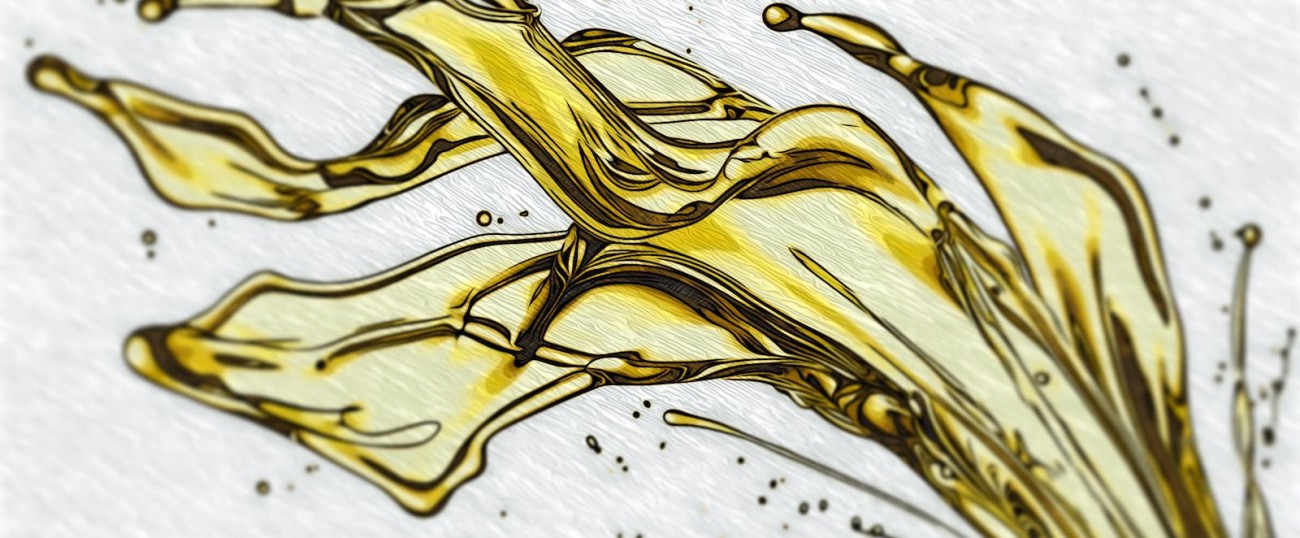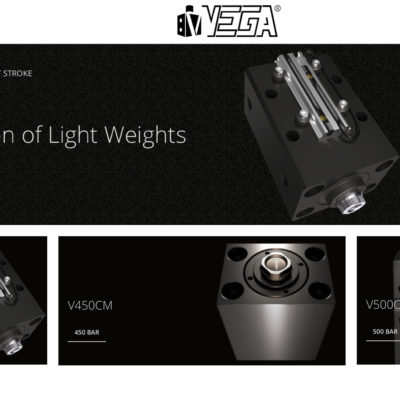A few centuries ago the answer would be just one: Water!
In fact, it has the best efficiency, it will not burn, but….it rusts everything made of regular steel and its lubricating capacity is very poor.
So, in order to safeguard both the Seals and the structure of the cylinder, a different fluid is adopted almost always and everywhere: the so called “Hydraulic Oil”.
Here our focus will be only on the (mainly) two fluids used in the Mold Industry, Mineral Oil and Water Glycol. In most cases, Oil Pumps installed inside an Injection Molding Machine, operate with mineral oils with improved anti-rust and anti-oxidation properties, as well as fairly good lubricating behavior.
These Fluids have specific properties, such as kinematic viscosity. This characteristic is very important to prevent excessive rubbing or friction, which in turn could reduce Sealing Rings life significantly. Viscosity decreases with fluid temperature, and usually is given with a tolerance range.
The Oil used to test Vega cylinder, and the only one for which the sealing system is guaranteed by Vega, is ISO VG 46. Vega does not really specify or advertise a Lubricant brand, but rather only the ISO international code. ISO VG 46 hydraulic oil has a viscosity between 41.4 and 50.6 centistokes at 40 degrees Celsius.
The other important fluid, commonly used in pressure die casting molds, is Water-Glycol. Water is inherently environmentally friendly, costs much less than oil, and last but not least, it is fireproof. This is why it is used, together with Glycol, for making a non-flammable hydraulic fluid.
Why isn’t this fluid used always, but only in the Pressure Die-Casting industry (and not even in all Countries)? For its drawbacks. In fact, Glycol is corrosive for steel (even if galvanized) and for some plastics. This characteristic increases with temperature. Of course, this is the case of the cylinders used in the pressure die casting industry. Here water glycol is often used as a fluid, and its corrosive capacity shows at its best. Also, if glycol % is high (as often happens) everything gets even worse from this point of view.
Glycol is dangerous to people, and in case a leakage occurs on a hot surface, its by-products force workers to leave the shop. The good news is that a fire doesn’t start with Water Glycol…
Although Water Glycol is reported to have a lubricating effect comparable to that of oil, it is not exactly the same. In highly stressed application it could make a difference.
Vega cylinders are standard equipped with Viton Seals, ideal for Mineral Oil ISO VG 46. They can work with some limits in Water Glycol too, but lifetime will be significantly shorter. Typically, customers know that, and perform additional maintenance. On the contrary, V260 is not recommended for Water Glycol, even if some customers use it in such a way, on their own responsibility.
Anyway, Vega cylinders could also be upgraded, upon customer requests, with different Sealing Systems, for Water Glycol applications.




